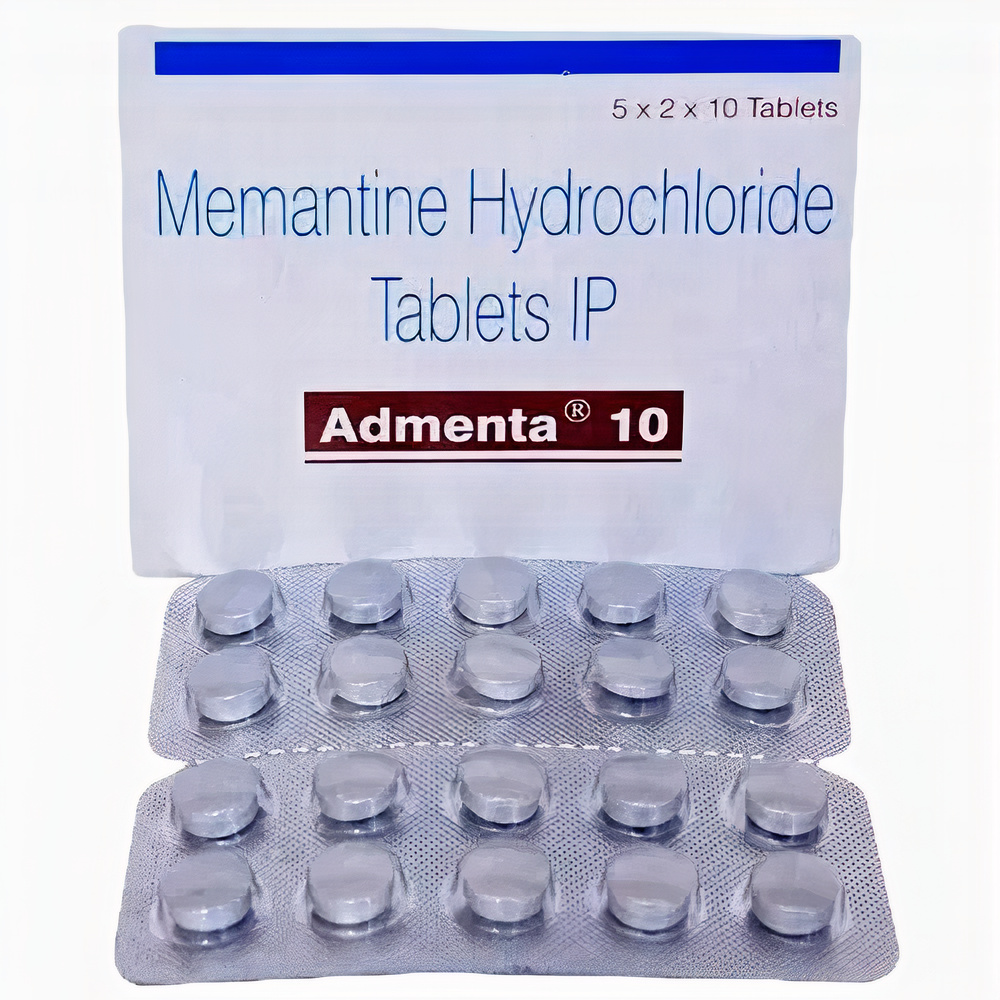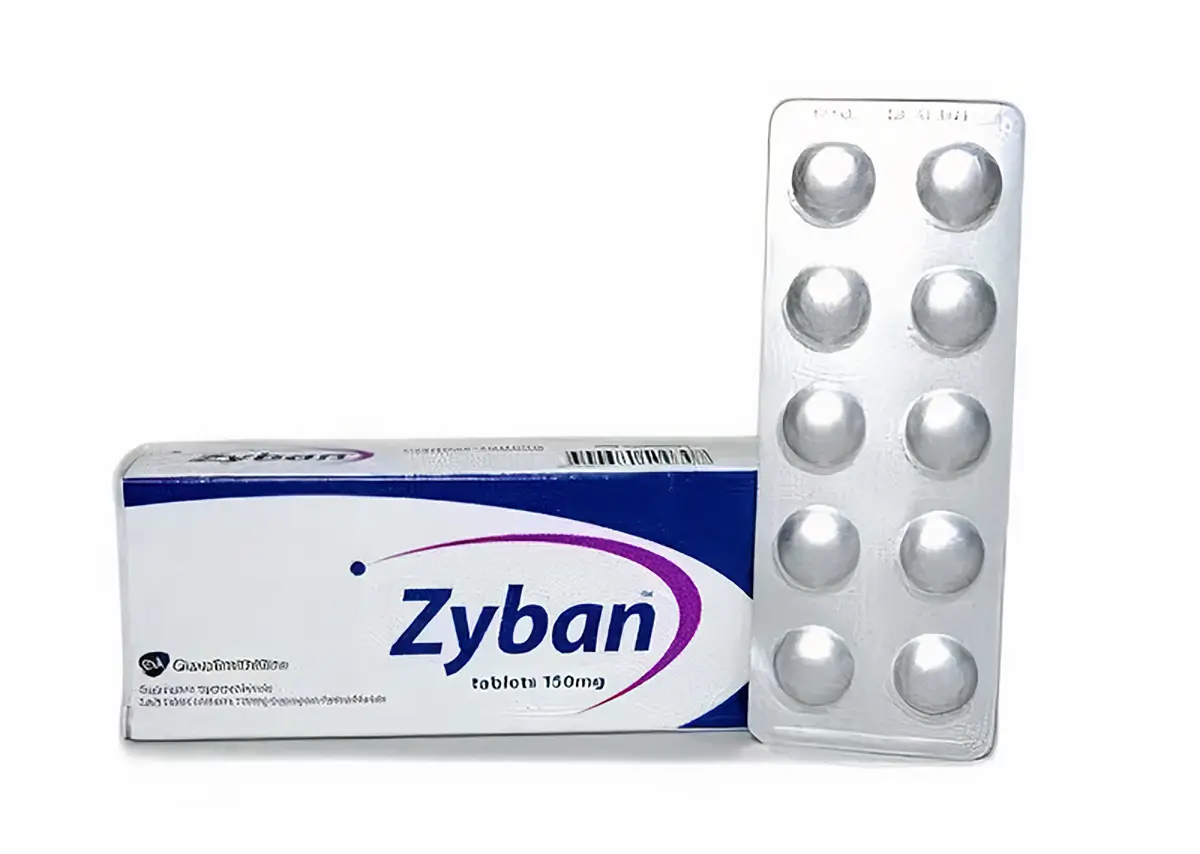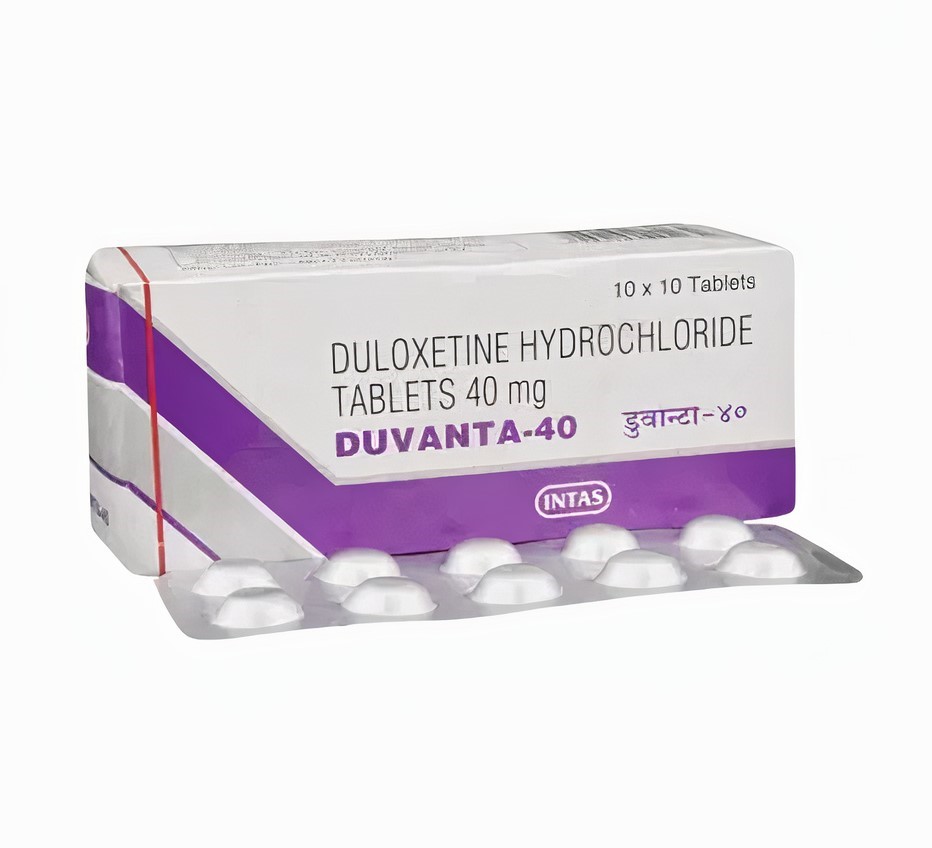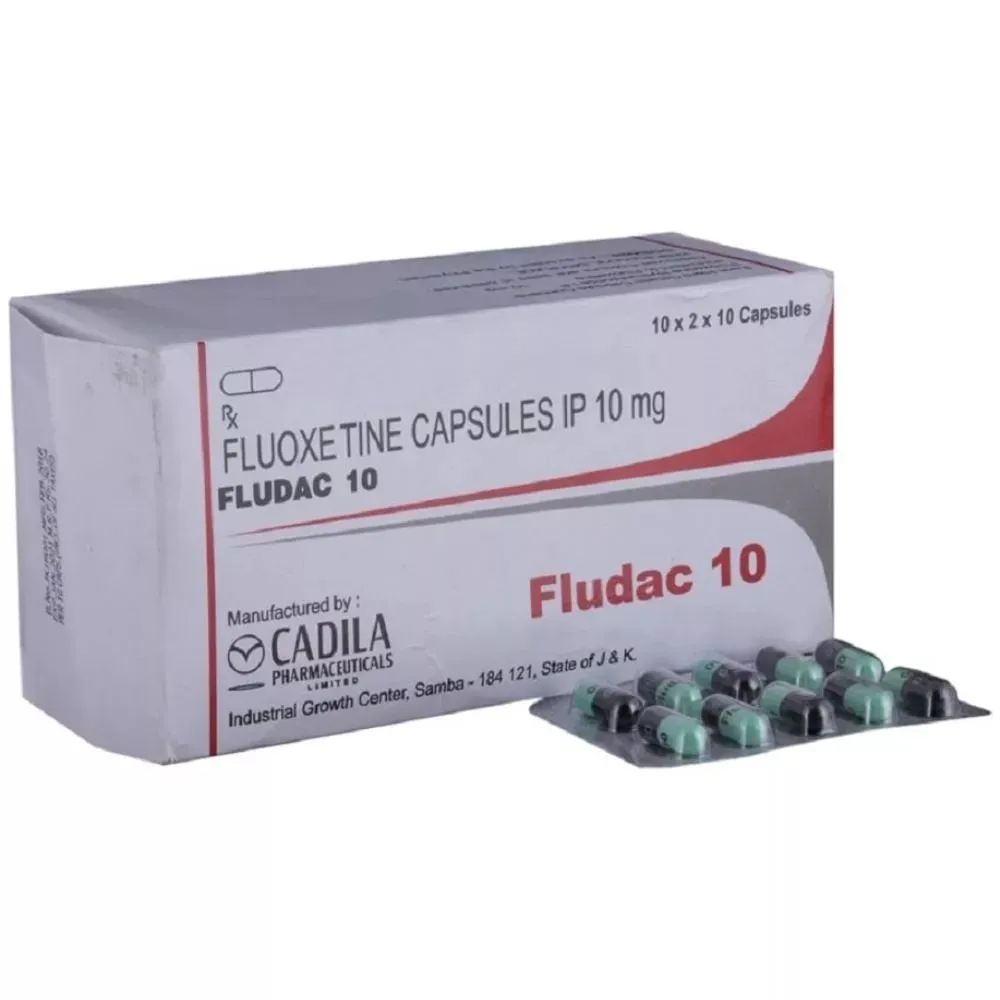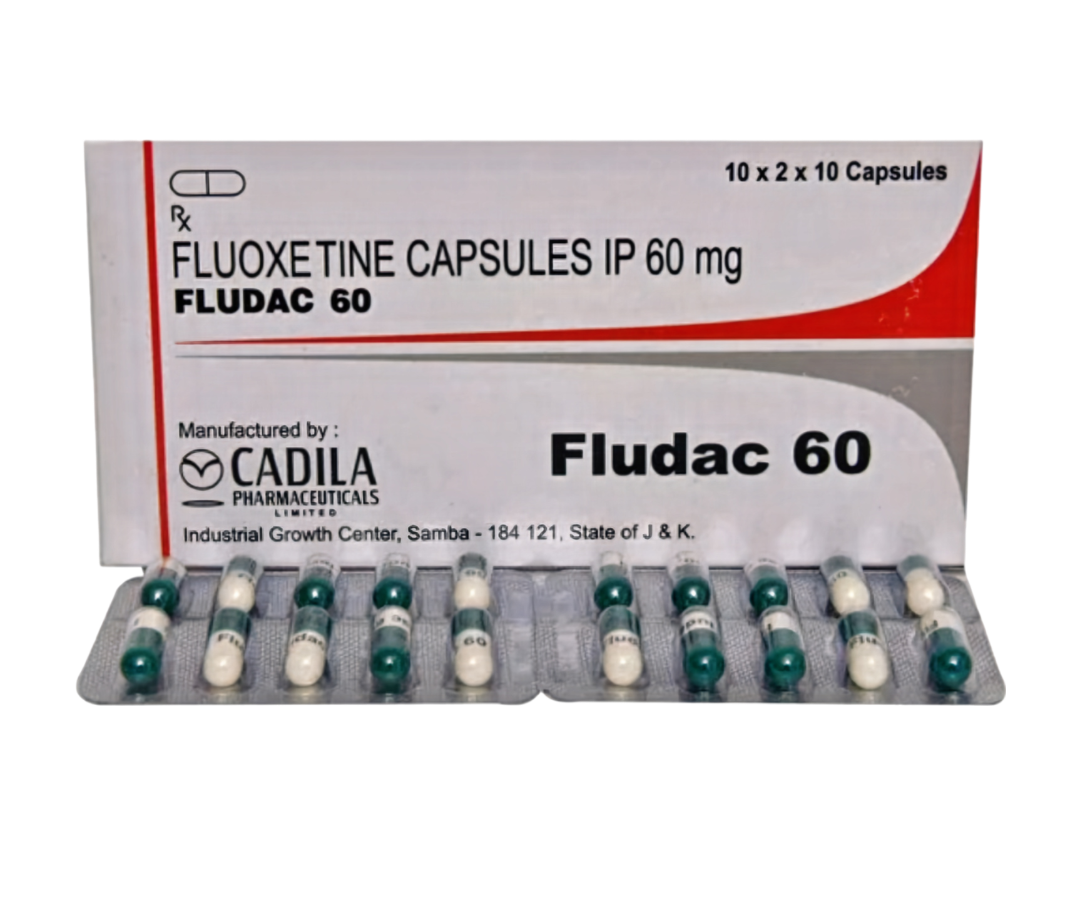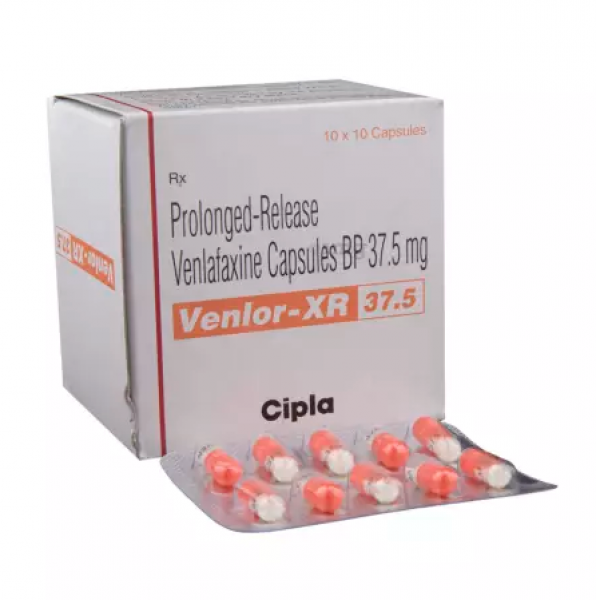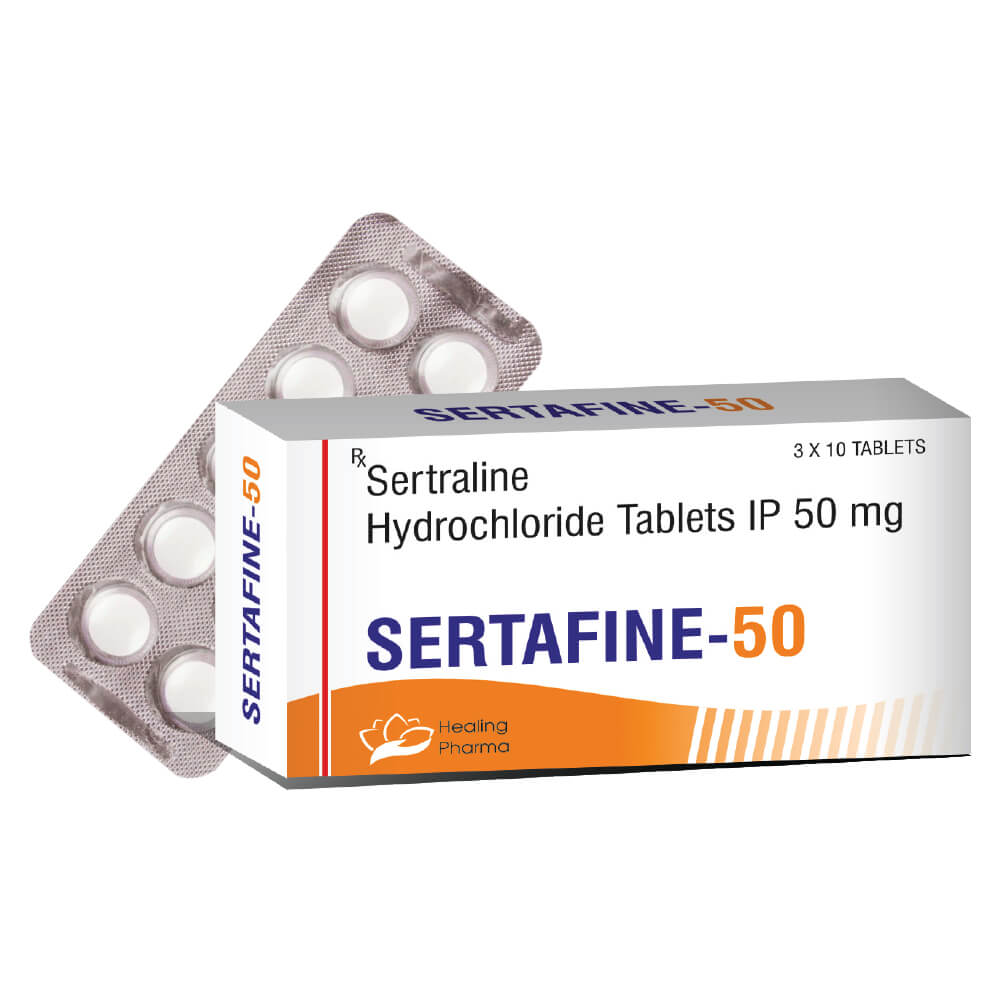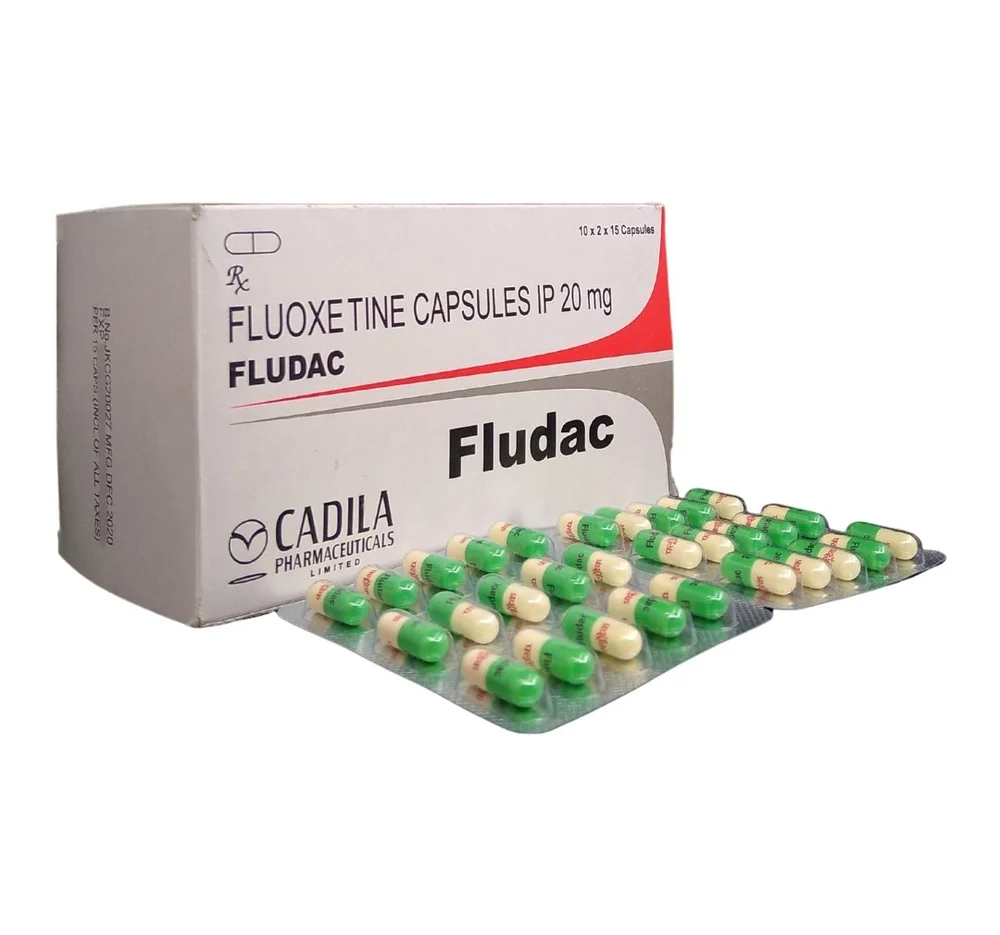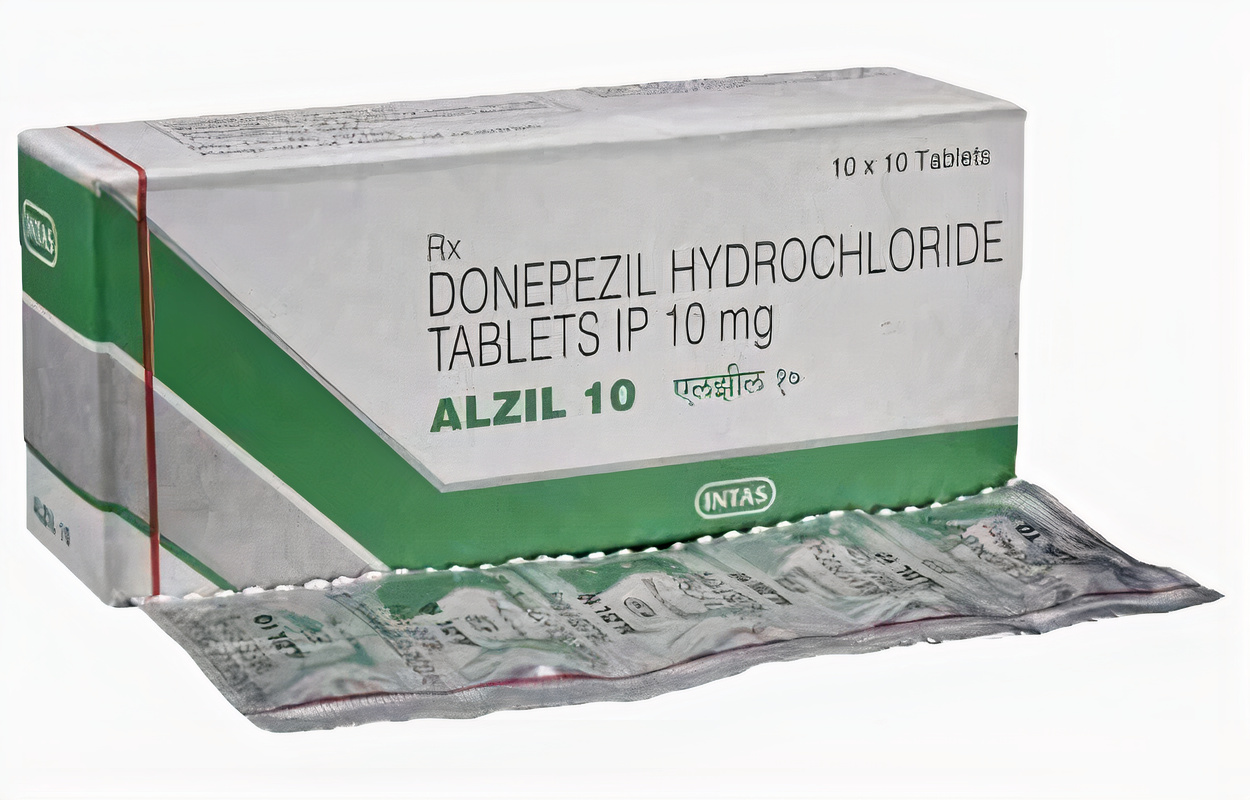Description
Admenta 10 Tablet (Memantine 10mg)
Admenta 10 Tablet (Memantine 10mg) is utilized for the management of Alzheimer’s disease, specifically targeting moderate to severe stages. By enhancing memory and cognitive functions, the tablet aids in slowing the progression of the disease, allowing patients to maintain their daily activities better. It operates by inhibiting a specific chemical messenger involved in nerve signal transmission. Consistency in intake is crucial, and it can be consumed with or without food. Admenta 10 Tablet (Memantine 10mg) offers a promising approach to addressing the cognitive challenges posed by Alzheimer’s disease.
Uses of ‘Admenta 10 Tablet (Memantine 10mg)’
- Treatment of Alzheimer’s disease
Treatment of Alzheimer’s disease: Admenta 10 Tablet (Memantine 10mg) improves learning, memory, and information processing (cognitive function) in individuals diagnosed with moderate to severe Alzheimer’s disease. Symptoms such as memory lapses and impaired thinking can impede daily living activities. This medication supports better disease management, leading to a potentially improved quality of life. Consistent usage as prescribed is paramount for effective results, and visible improvements may take several weeks to manifest.
Safety & Precautions
- Inform your doctor if you have a history of seizures, kidney disease, heart disease, or liver disease.
- Discuss all current medications you’re taking for other conditions with your doctor.
- Pregnant and breastfeeding women should consult their doctors before using this medication.
- Caution is advised when consuming alcohol with Admenta 10 Tablet (Memantine 10mg).
- Do not stop taking the medication abruptly without consulting your doctor.
- Be cautious while driving or operating heavy machinery as this medication may cause dizziness or sleepiness.
- If you miss a dose, take it as soon as you remember, but do not double the dose if it’s close to the next schedule.
- Store the medicine at a temperature below 30°C.
- Keep this medication out of reach of children.
- Consult your doctor if you have severe liver or kidney disease as dose adjustments may be necessary.
Side Effects
Most side effects do not require any medical attention and disappear as your body adjusts to the medicine. Consult your doctor if they persist or if you’re worried about them.
- Dizziness
- Headache
- Confusion
- Constipation
- Sleepiness
- Fatigue
- Hallucinations
- Hypertension
- Shortness of breath
- Nausea
- Vomiting
- Back pain
- Increased sweating
- Cough
- Palpitations
FAQ
1. How should I take Admenta 10 Tablet (Memantine 10mg)?
Take Admenta 10 Tablet (Memantine 10mg) exactly as prescribed by your doctor. It can be taken with or without food, but it is crucial to take it at the same time each day to maintain consistent blood levels of the medication. Swallow the tablet whole without crushing, chewing, or breaking it. If you miss a dose, take it as soon as you remember; however, if it is nearly time for the next dose, skip the missed dose. Do not double up to make up for a missed one.
2. Can Admenta 10 Tablet (Memantine 10mg) be used during pregnancy and breastfeeding?
Admenta 10 Tablet (Memantine 10mg) is generally considered safe during pregnancy, as animal studies have not demonstrated significant risks to the developing baby, but there are limited data from human studies. If you are pregnant or plan to become pregnant, it is essential to discuss this with your doctor. Regarding breastfeeding, there is limited information available, so it is advisable to consult your healthcare provider to weigh the potential benefits and risks before using this medication while breastfeeding.
3. Are there any lifestyle changes I should make while taking Admenta 10 Tablet (Memantine 10mg)?
While taking Admenta 10 Tablet (Memantine 10mg), it’s advisable to maintain a healthy lifestyle to complement the treatment. Engage in regular physical activity as tolerated, eat a balanced diet rich in fruits, vegetables, whole grains, and lean proteins, and avoid excessive alcohol consumption. Being mentally active through puzzles, reading, or social interactions can also support cognitive health. Always follow your doctor’s advice regarding any specific lifestyle changes.
4. What should I do if I experience severe side effects while taking Admenta 10 Tablet (Memantine 10mg)?
If you experience severe side effects such as intense dizziness, hallucinations, shortness of breath, severe headaches, or palpitations, it is crucial to seek medical attention immediately. Although most side effects are mild and temporary, serious reactions could require prompt medical intervention. Always keep your doctor informed about any new or worsening symptoms while on this medication.
5. Can I consume alcohol while on Admenta 10 Tablet (Memantine 10mg)?
Caution is advised when consuming alcohol while taking Admenta 10 Tablet (Memantine 10mg). Alcohol can potentially enhance the sedative effects of the medication, leading to increased dizziness, drowsiness, and difficulty concentrating. It is best to discuss your alcohol consumption with your healthcare provider to understand the risks and receive personalized advice.
6. What should I tell my doctor before starting Admenta 10 Tablet (Memantine 10mg)?
Before starting Admenta 10 Tablet (Memantine 10mg), inform your doctor about your entire medical history, including any history of seizures, kidney disease, heart disease, or liver disease. Provide a comprehensive list of all the medications and supplements you are currently taking to avoid potential drug interactions. If you are pregnant, planning to become pregnant, or breastfeeding, discuss these conditions with your doctor to determine the safest course of action. Your doctor needs this information to ensure the medication is safe and appropriate for your specific health needs.
Additional Information
Drug Interactions and Memantine
Understanding the interactions of memantine with other medications is vital for ensuring both its safety and efficacy. Medications can have severe, serious, moderate, or mild interactions with memantine, and recognizing these interactions will guide dosage adjustments and monitoring strategies.
Known Severe Interactions
Memantine has no known severe interactions with other drugs.
Serious Interactions
- Dextromethorphan
- Ketamine
Moderate Interactions
- Acetazolamide
- Aluminum hydroxide
- Amantadine
- Amiodarone
- Calcium carbonate
- Cimetidine
- Digoxin
- Dofetilide
- Procainamide
- Quinidine
- Ranitidine
- Sodium bicarbonate
- Sodium citrate/citric acid
- Sodium lactate
- Tenofovir DF
- Vandetanib
Mild Interactions
- Diltiazem
- Hydrochlorothiazide
- Metformin
- Methyclothiazide
- Midodrine
- Ofloxacin
- Pramipexole
- Quinine
- Sulfamethoxazole
- Triamterene
- Trimethoprim
- Verapamil
Memantine Dosage Information
Memantine dosage varies based on the formulation, patient’s condition, and severity of symptoms. The following tables summarize the recommended dosages for each form of memantine.
| Formulation | Dosage |
|---|---|
| Tablet | 5 mg, 10 mg |
| Extended-Release Capsule | 7 mg, 14 mg, 21 mg, 28 mg |
| Oral Solution | 2 mg/ml |
Dosage Recommendations
Alzheimer-Type Dementia
- Tablet: Start with 5 mg orally once daily; increase by 5 mg/day each week to a target dosage of 20 mg/day, divided every 12 hours.
- Extended-release capsule: Start with 7 mg orally each day; increase by 7 mg/day each week to a target dose of 28 mg orally each day.
Dosage Adjustments
| Condition | Adjustment |
|---|---|
| Renal Impairment (mild or moderate) | No adjustment needed. |
| Renal Impairment (severe, creatinine clearance 5-29 mL/min) | Do not exceed 14 mg/day (extended-release) or 5 mg twice daily (prompt-release). |
| Hepatic Impairment (mild to moderate, Child Pugh A/B) | No adjustment needed. |
| Hepatic Impairment (severe, Child Pugh C) | Use with caution. |
Administration Guidelines
- May be taken with or without food.
- Swallow the capsule whole or open and sprinkle on a spoonful of applesauce; do not chew or crush.
- Do not mix the oral solution with any other liquid.
Missed Dose
- Do not double the next dose.
- Take the next dose as scheduled; if missed for several days, dosing may need to be resumed at lower doses and re-titrated.
Off-Label Use for Mild-to-Moderate Vascular Dementia
- 5 mg (immediate-release) orally daily; titrate by 5 mg every 7 days to target dose 10 mg twice daily.
Frequently Asked Questions (FAQs)
How Does Memantine Work?
Memantine works by blocking the action of glutamate, a natural substance in the brain that is believed to be linked to the symptoms of Alzheimer’s disease. By interfering with this substance, memantine can help improve memory, awareness, and the ability to perform daily functions, even though it does not cure the disease.
What Should One Do If They Miss a Dose?
If you miss a dose of memantine, do not double up on your next dose. Simply take the next dose as scheduled. If you miss several doses, contact your healthcare provider as you may need to restart the medication at lower doses.
Can Memantine Be Taken With Food?
Yes, memantine can be taken with or without food, making it a flexible option for patients with dietary restrictions or specific meal schedules.
Is Memantine Available for Pediatric Use?
Memantine is not indicated for pediatric use. Its safety and efficacy have not been established in children.
What Are the Guidelines for Memantine Administration?
The medication should be consumed as follows:
- Capsules should be swallowed whole or sprinkled on applesauce—never crushed or chewed.
- The oral solution should not be mixed with other liquids.
What are the Specific Brand Names of Memantine?
Memantine is available under the brand names Namenda XR and Namenda.
What to Do in Case of an Overdose?
If an overdose of memantine occurs, seek immediate medical attention or contact a Poison Control Center.
Are There Any Issues with Drug Abuse?
There is no information available regarding the abuse of memantine.
Drug Administration Guidelines
With or Without Food?
- Memantine can be taken with or without food, providing flexibility in terms of meal planning and dietary restrictions.
Capsule Instructions
- Swallow the capsule whole or open and mix with a spoonful of applesauce.
- Do not chew or crush the capsule contents.
Oral Solution Instructions
- Do not mix the oral solution with any other liquid.
Missed Dose Guidance
- If a dose is missed, do not double up on the next dose.
- Take the next scheduled dose as usual.
- If several doses are missed, dosage may need to be re-titrated starting from a lower dosage.
Adherence to Dosage Adjustments
It is crucial to follow prescribed dosage adjustments for patients with renal or hepatic impairments. The following table offers guidelines for dosage modifications based on specific conditions:
| Condition | Recommended Dosages |
|---|---|
| Renal Impairment (Mild or Moderate) | No adjustment required. |
| Renal Impairment (Severe, creatinine clearance 5-29 mL/min) | Max 14 mg/day (extended-release) or 5 mg twice daily (immediate-release). |
| Hepatic Impairment (Mild to Moderate) | No adjustment necessary. |
| Hepatic Impairment (Severe) | Use with caution. |
Important Considerations
Patients and healthcare providers must maintain open communication when managing memantine therapy. Here are some critical points to consider:
- Do not alter the dosage without medical consultation.
- Keep a comprehensive list of all medications and share it with your healthcare provider.
- Contact your doctor immediately if unusual symptoms or potential side effects occur.
Conclusion
Memantine is a valuable medication for managing moderate to severe Alzheimer’s-related dementia. While it doesn’t cure the disease, it can significantly improve quality of life by enhancing cognitive functions and daily living activities. Awareness of proper dosage, potential drug interactions, and vigilant monitoring for side effects are paramount for optimizing patient outcomes.
For more detailed information and personalized medical advice, always consult with your healthcare provider.

